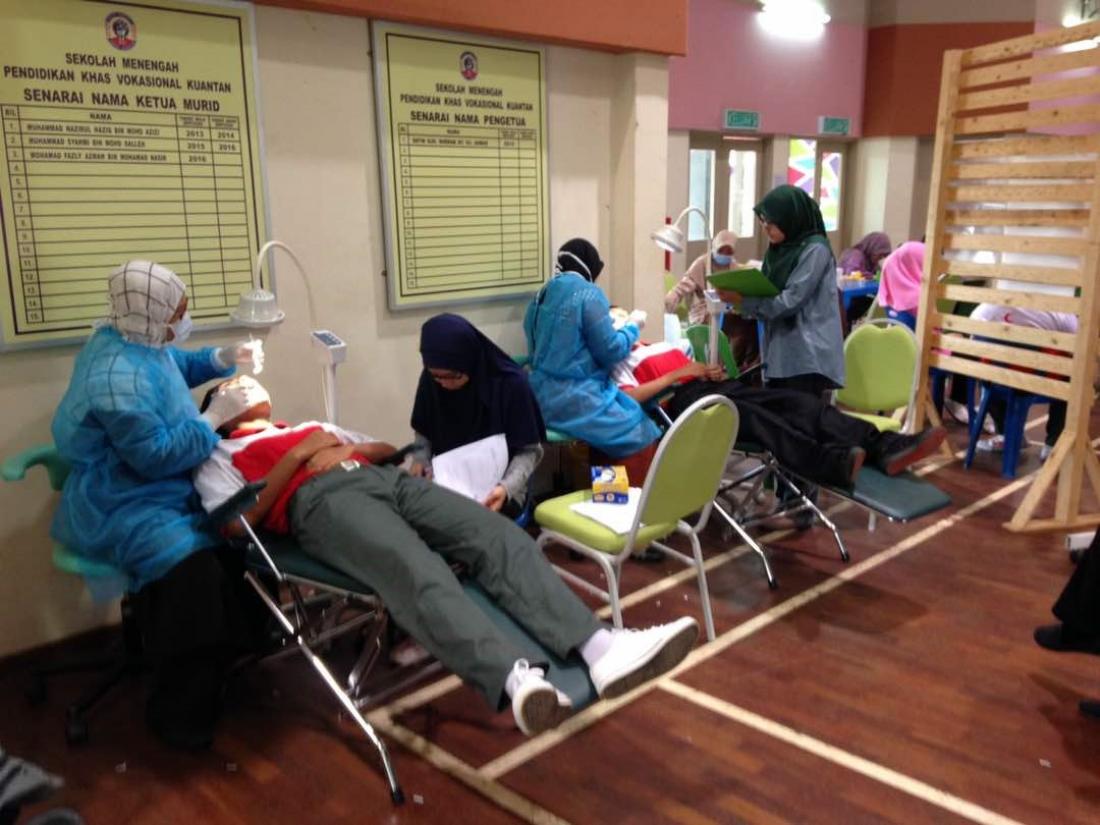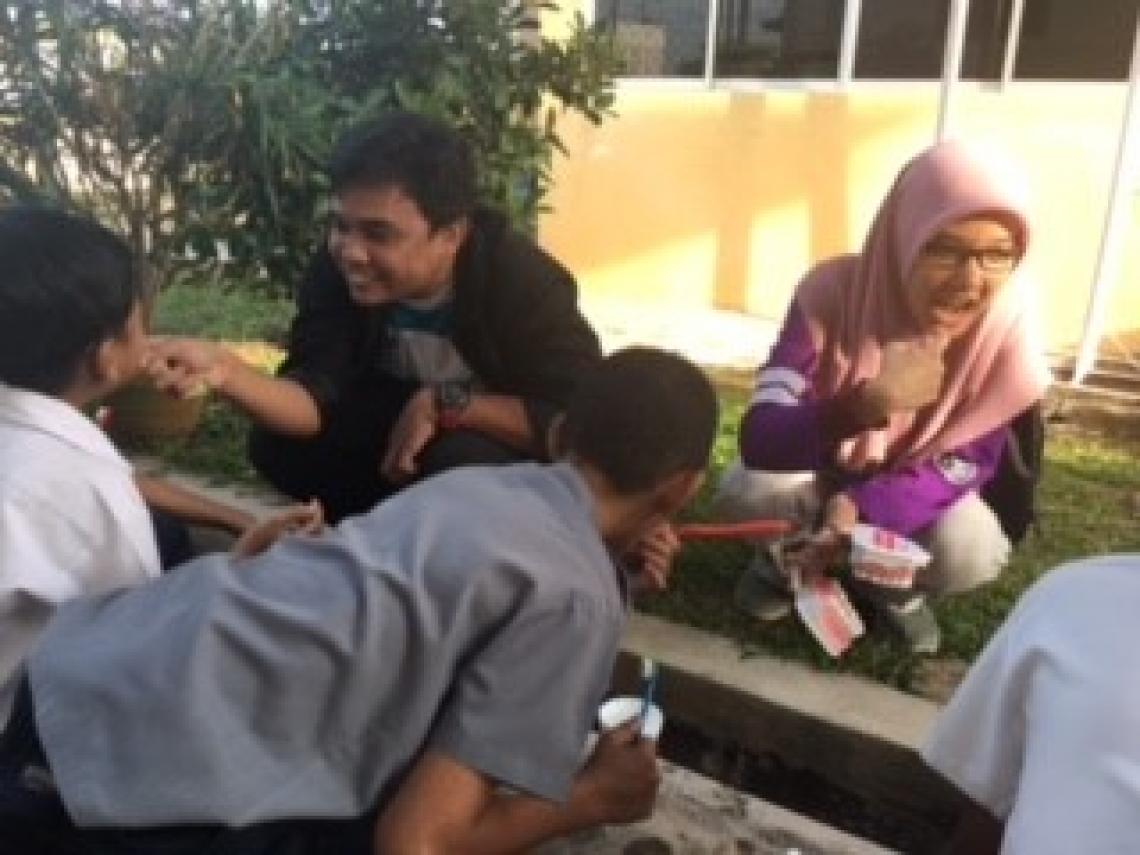The study found that better oral hygiene awareness among caretakers could positively impact the oral health of their students.
A high incidence of dental issues among disabled children boarding at a special needs school in Malaysia highlights the need to improve hygiene awareness among school caretakers.
Scientists at the International Islamic University Malaysia (IIUM) assessed the oral hygiene knowledge, attitudes and practices of the warden, teachers and student’s assistants at a special needs school in the city of Kuantan on the east coast of peninsular Malaysia. The school provides boarding and caters for children from the age of seven who have visual, hearing and learning impairments. The students also underwent dental check-ups.
The researchers found many of the students were in need of dental treatment and that there was room for school caretakers to improve their oral hygiene attitudes and practices. Better oral hygiene awareness among caretakers could positively impact the oral health of their students.
Poor oral health leads to pain, swellings, and infections that can impact sleeping, eating and school attendance. Children with disabilities are particularly vulnerable and can benefit from the help they receive from their carers.
“This result will form a baseline for our next project, which is to empower caregivers by providing them with the knowledge they need to improve their understandings, attitudes and practices of oral health,” says Nor Asilah Harun of IIUM’s faculty of dentistry.




